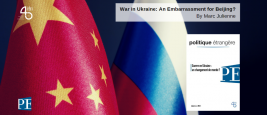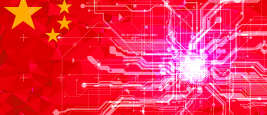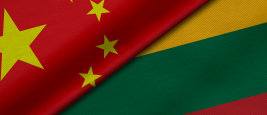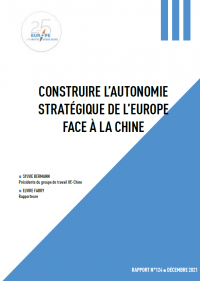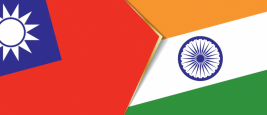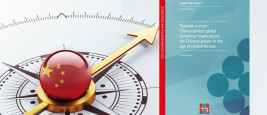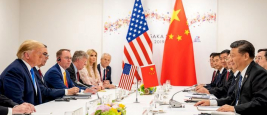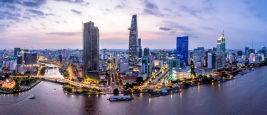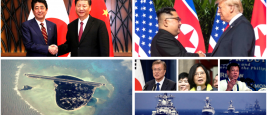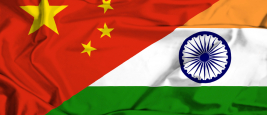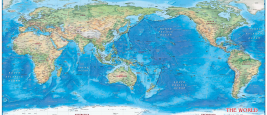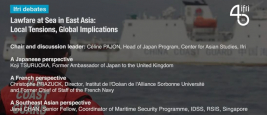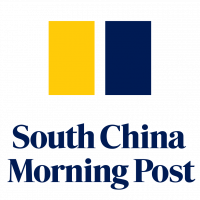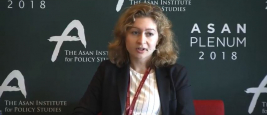The tremendous demographic challenges facing China will not significantly affect the People’s Liberation Army (PLA) in the immediate future, but will become more problematic in the medium and long term. The rapid aging of the population and the resulting socio-economic imbalances will put...

China
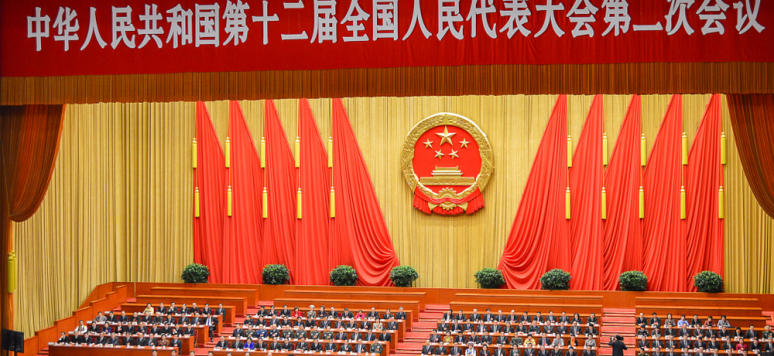
In 2017, Secretary General Xi Jinping said: "This is an era that will see China move closer to the center of the world stage". The People's Republic of China is indeed at a pivotal moment in its history, gradually acquiring all the components of power and competing with, if not surpassing, the major world powers. This new status is challenging the global balance of power, raising questions and awakening fears. The European Union and its member states are seeking to adapt their position vis-à-vis China, to face its new diplomatic assertiveness, the rise of its military and technological capacities, and to deal with the Sino-American rivalry. However, since Beijing's international policy cannot be dissociated from its domestic context, it is also necessary to analyze the internal political dynamics that dictate foreign policy choices.
Through its research activities, Ifri's Center for Asian Studies aims to provide a better understanding of contemporary China and its position on the world stage.
Research Fellow, Center for Asian Studies
...Senior Advisor, Center for Asian Studies
...From the beginning of the war in Ukraine, Beijing has adopted an outward posture of neutrality while in fact supporting Moscow.
As China’s political relations with most of the world’s technologically advanced states have worsened, Beijing has put in place the world’s most comprehensive regulatory and administrative system for governing cyberspace.
The idea that Europe has grown dependent on China is now a common refrain, but just how is this notion understood in capitals across the continent?
The second round of the French presidential election on April 24 will decide whether Emmanuel Macron, the incumbent president, or Marine Le Pen, the leader of the far right nationalist party Rassemblement national (national gathering), will become president of the French Republic for the next...
The year 2021 marked the 30th anniversary of the establishment of diplomatic relations between China and Lithuania. Instead of commemorative events and customary lofty rhetoric, the bilateral relationship rapidly plunged to a level rarely seen in either country’s foreign policies...
Quantum physics, a field little known to the general public and relatively difficult to grasp as its laws are counter-intuitive, constitutes nevertheless a critical field of international strategic competition.
As the world’s center of gravity has shifted to Asia, the European Union must also be present in the region. In particular, it must develop its relations with Asian countries that have long been neglected to the sole benefit of China -- namely India, but above all the countries of Southeast...
The links between India and Taiwan have gathered unprecedented momentum in recent years. This has largely come about due to growing support for Taiwan at civil society level in India.
An era of hyper globalization is giving way to an age of geoeconomics wherein China seeks a decisive seat at the table.
The Belt & Road Initiative (BRI) in Southeast Asia after COVID-19: Towards a New Deal? Les Jeudis de l'Ifri
A "Les Jeudis de l'Ifri" videoconference around Sophie BOISSEAU du ROCHER, Associate Research Fellow at Ifri's Center for Asian Studies.
Has Covid-19 Contaminated Value Chains in East Asia? Les Jeudis de l'Ifri
A "Les Jeudis de l'Ifri" videoconference around Françoise NICOLAS, Director of Ifri's Center for Asian Studies.
QUAD 2019 Annual Meeting, London
Since 1983, the QUAD gathers every year, the SWP, RAND Corporation, Chatham House and Ifri. The QUAD was set up during the Euromissile crisis and brings together European and American diplomats, military officers, journalists and research fellow to debate on current geopolitical issues....
The US-China Rivalry: Adjusting Strategies in Asia and Europe Conference
The deepening strategic rivalry between the United States and China has repositioned geopolitics at the center of the international system today.
The US-China Trade Conflict and its Implications for Asia Conference
Growth prospects in developing Asia are dimming. Slowing activity in major advanced economies, a re-escalation in the US-China trade conflict, and a sharp downturn in the global electronics cycle are leading to a reassessment of the region’s outlook. How much will Asia’s growth slow? How might...
G7 / Think Tank7 Summit G7 Engagement Group
The Think Thank 7 (T7) is an engagement group that brings together the leading Think Tanks from the G7 countries in order to analyze and make recommendations on key issues of the G7 presidency.
Power Competition and Regional Stability in Asia
Annual Conference of Ifri's Center for Asian Studies
Europe in data geopolitics
Data no longer should be understood as a sole commercial or regulatory issue, but rather as an actual stake of international politics. For Europe, in a context of transatlantic tensions, the impact of the digital economy’s center of gravity moving towards China is potentially significant....
Between Giants: The Sino-Indian contest for influence in the Indian Ocean Seminar
China and India are emerging as major maritime powers as part of long-term shifts in the regional balance of power.
Approaching the Indo-Pacific: American, French, Indian and Japanese Visions
The Indo-Pacific has become a buzzword since 2017, as it came to be used by all major players in the region stretching from East Africa to the Pacific.
Since the end of 2019, more than 20 Notes Verbales have been submitted to the UN Commission on the Limits of the Continental Shelf regarding the claims in the South China Sea (SCS).
At the start of the pandemic, Europe and China helped one other. Then the mood changed.
A prominent French think tank has warned that China's so-called "mask diplomacy" amid the COVID-19 coronavirus pandemic threatens to further exacerbate divisions within the European Union, with Beijing tailoring its approach to suit different nations. The French Institute of...
Françoise Nicolas, director of Ifri's Asian Studies Center, spoke during a webseminar on European integration and China-Europe cooperation, organized by Chinese think tank CCG.
With the United States gripped by a domestic struggle with Covid-19, China appears to have stepped into its shoes as a global provider.
The rise of the so-called ‘wolf warriors’ heralds a more aggressive approach to promoting the country’s official line. Analysts warn this is likely to harm the country’s image even if their careers benefit as a result.
Critics fear Germany could put European unity on the line. Angela Merkel will have to tread carefully on her visit to China this week to avoid tripping over Hong Kong and stepping on Germany’s car industry. Angela Merkel will have to tread carefully on her visit to China this week to...
China believes its near-monopoly gives it leverage over the US but supply cuts would spur rival producers.
Growing tensions between China and the United States over the escalating trade dispute – and the resulting global uncertainty – are forcing other countries to choose between the two economic superpowers.
China’s ambitious One Belt One Road (OBOR) Initiative is redefining China’s role in the world economy. With over $900 billion in investments covering more than 65% of the world’s population, OBOR aims to develop new markets, integrate far flung regions, and stabilize China’s borders. But as...







